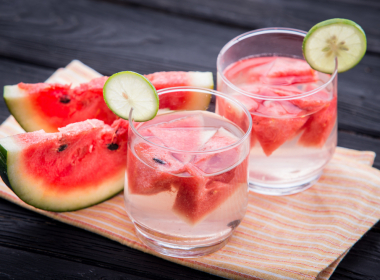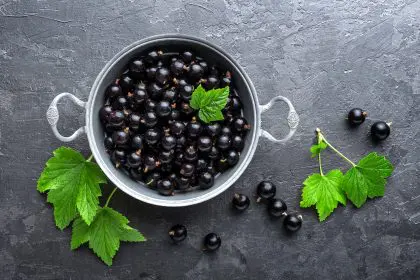The importance of nutrition in maintaining good vision has become increasingly clear in recent years. Although many focus on lifestyle factors such as screen time or environmental stressors, research highlights the critical role diet plays in preserving eye health. It’s not just about consuming the right foods—it’s about selecting the right nutrients that work together to enhance and protect visual function. By prioritizing the right foods, individuals can help reduce their risk of age-related vision decline and other ocular health concerns.
Carotenoid optimization
A significant breakthrough in vision health research involves carotenoids, a group of plant pigments found in various fruits and vegetables. These compounds, including lutein and zeaxanthin, are vital for protecting the retina from oxidative damage. The retina is particularly vulnerable to free radicals and ultraviolet light, and carotenoids accumulate in the macula to act as a shield. Recent studies show that a diet rich in carotenoid-rich foods can significantly reduce the risk of macular degeneration, one of the leading causes of vision impairment in older adults.
These powerful antioxidants not only help protect the eyes from oxidative stress but may also improve visual function. Studies suggest that carotenoids help to filter blue light, reducing glare and improving contrast sensitivity. As a result, foods like leafy greens, corn, eggs, and yellow peppers, rich in lutein and zeaxanthin, should be considered essential in a diet designed for long-term eye health.
Essential micronutrient impact
The connection between essential vitamins and minerals and eye health is well-documented in recent studies. Vitamins C and E, zinc, and omega-3 fatty acids, to name a few, all contribute to the maintenance of ocular tissues and the prevention of damage. Zinc, for example, is a critical component of many enzymes that protect the retina, while vitamin C plays a role in maintaining the health of the cornea and lens. Meanwhile, omega-3 fatty acids, particularly those found in fatty fish, help reduce inflammation and support the retina’s structural integrity.
The combination of these micronutrients works synergistically to maintain the health of the eyes, ensuring that tissues are protected from oxidative damage and that the eyes remain hydrated. A diet that incorporates a variety of these micronutrients will provide the necessary support to maintain optimal vision, especially as individuals age.
Strategic food selection
Optimizing the absorption and utilization of eye-protecting nutrients requires more than just eating healthy foods; it’s about combining the right foods to maximize their benefits. For instance, pairing fat-soluble nutrients like carotenoids with a source of healthy fats—such as avocado or olive oil—can enhance the bioavailability of these compounds. Similarly, combining vitamin C-rich foods like citrus fruits with iron-rich foods such as spinach can increase iron absorption, supporting overall health, including eye health.
Incorporating a variety of fruits, vegetables, nuts, and seeds into the daily diet can offer the most comprehensive protection. A Mediterranean-style diet, known for its high content of antioxidants, omega-3s, and healthy fats, is a great example of a diet that supports long-term eye health. Foods such as salmon, spinach, almonds, and blueberries are all highly beneficial when strategically paired together.
Preventive dietary approaches
While nutrient-rich foods are important, a well-rounded, preventive approach to vision health is more than just about eating the right foods. Research consistently emphasizes the importance of a holistic approach that includes not only dietary choices but lifestyle adjustments. Protecting the eyes from excessive screen time, using protective eyewear when outdoors, and maintaining regular eye exams are key components of a comprehensive eye health plan.
Adopting these preventive strategies as early as possible can have lasting benefits. For instance, maintaining a balanced diet full of antioxidants and essential nutrients throughout life is much more effective than waiting until age-related vision decline sets in. Additionally, considering factors like proper hydration and managing chronic health conditions (such as diabetes and hypertension) can further reduce the risk of vision loss over time.
In conclusion, nutrition plays a pivotal role in maintaining vision health. Understanding the connection between diet and eye function, including the impact of carotenoids, micronutrients, and strategic food selection, allows for a more informed approach to protecting one’s vision. As research continues to evolve, we gain greater insight into how everyday food choices can offer preventive and protective benefits. By taking a proactive stance toward eye health with dietary modifications, individuals can safeguard their vision for the future.














